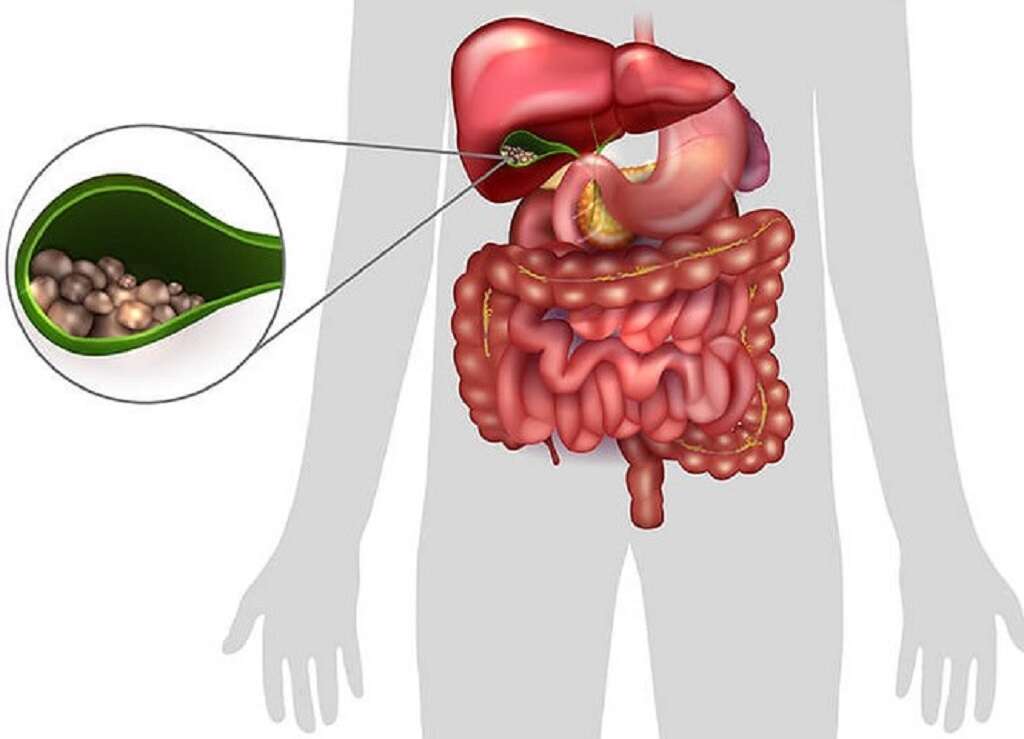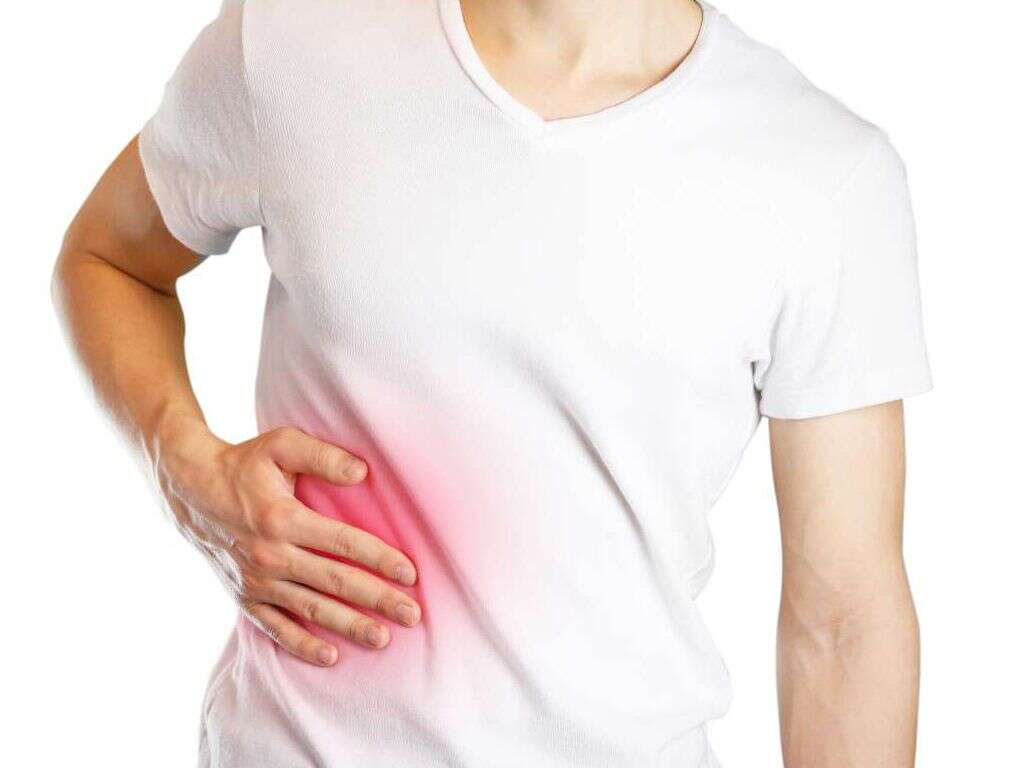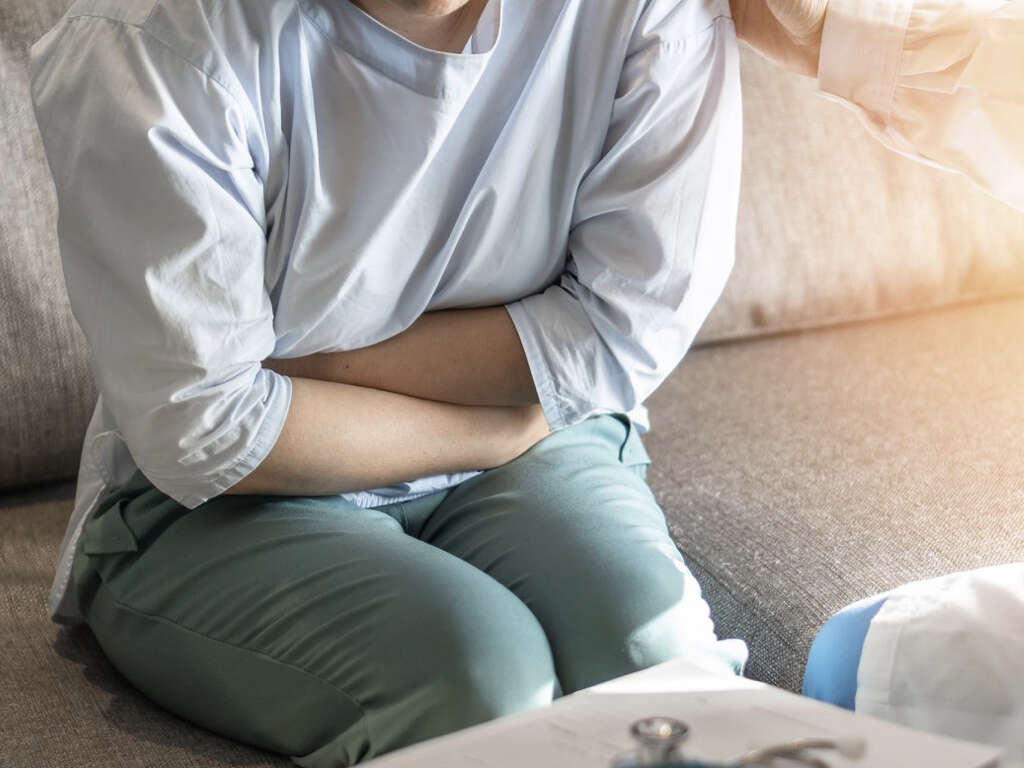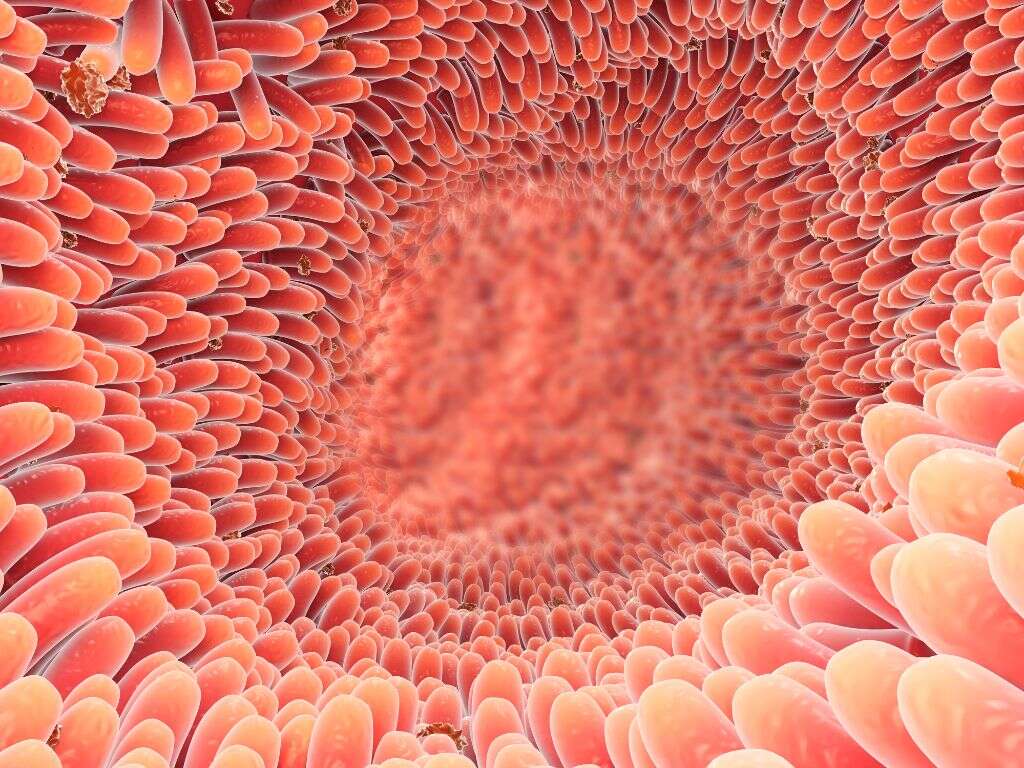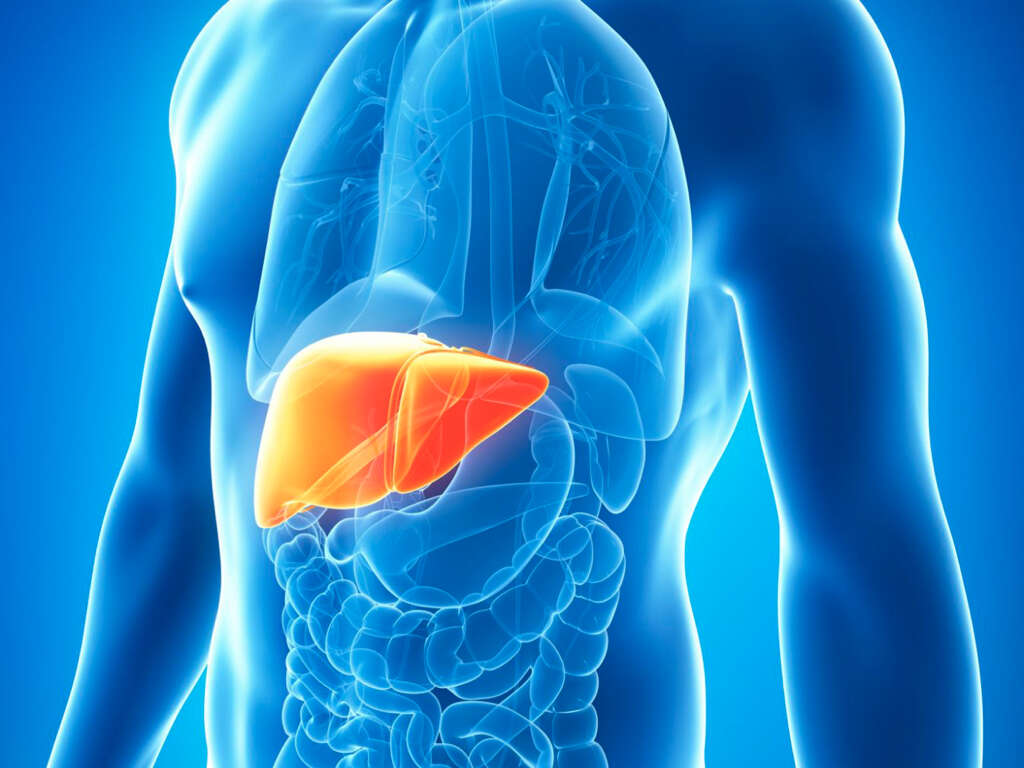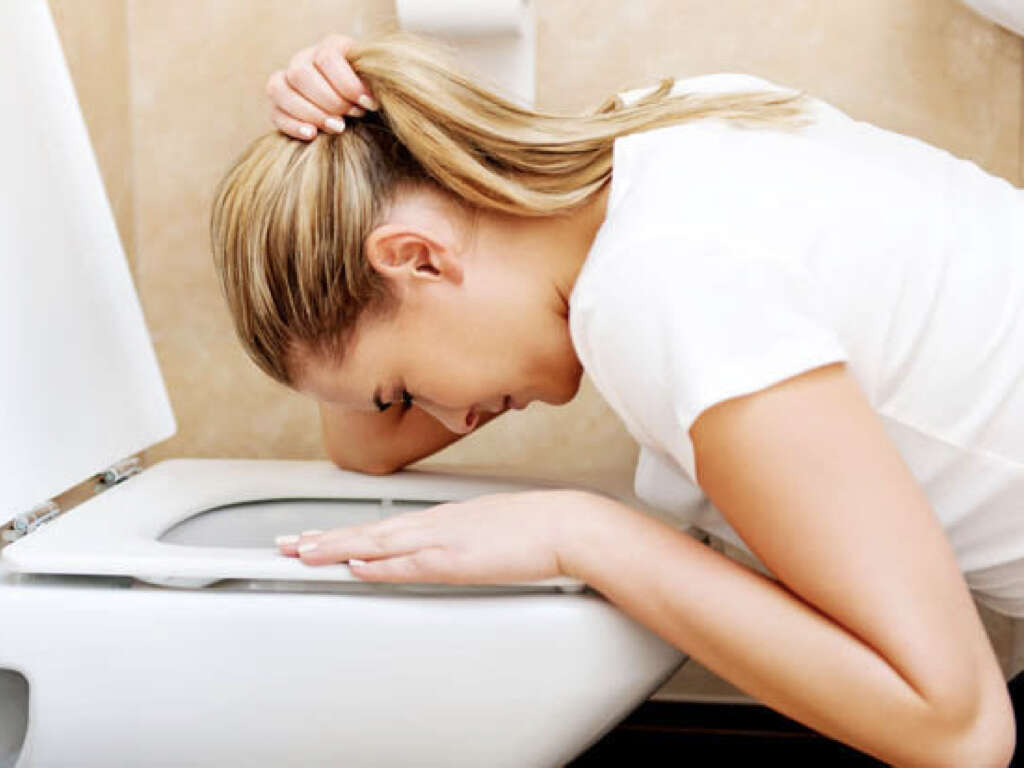10 Choledocholithiasis Symptoms
Choledocholithiasis results from having gallstones. It occurs when a stone gets caught in the common bile duct that carries the digestive substance, bile, from the gallbladder to the small intestine. While stones in the gallbladder may cause no symptoms, stones in the common bile duct almost always do.
One in seven individuals with gallstones can develop choledocholithiasis, even if they've had their gallbladder removed. People at risk for gallstones and possible choledocholithiasis include women of Native American or Hispanic descent aged 40 or older. In addition, overweight people who eat a high-fat and high-cholesterol diet can be at greater risk of developing the condition.
Abdominal Pain
Pain is the symptom of choledocholithiasis that commonly causes a person to seek a doctor's care. Typically, the onset of pain is sudden, and it rapidly intensifies. It occurs in the upper right and middle abdomen, just below the breastbone. There may also be discomfort in the right shoulder area and between the shoulder blades on the back. This is known as referred pain.
The pain of choledocholithiasis may last several minutes to hours but is usually continuous for at least 30 minutes. It's often described as colicky, which causes waves or spasms in hollow organs such as the gallbladder and stomach.1’Gallstones.’ Mayo Clinic. https://www.mayoclinic.org/diseasesconditions/gallstones/symptoms-causes/syc-20354214

Upper Gastrointestinal Issues
Because the gallbladder and its store of bile are key to healthy digestion, blockage of the common bile duct can cause several upper GI issues. These may include nausea, vomiting, gas and indigestion.
Indigestion or heartburn commonly occurs after the onset of choledocholithiasis, and many of these GI issues occur after a meal. Eating fatty foods may worsen GI symptoms, and not eating regularly may cause heartburn because gastric juices collect in the stomach and splash up into the esophagus.2‘Choledocholithiasis.’ https://medlineplus.gov/ency/article/000274.html

Bowel Movement Changes
Choledocholithiasis can block the entry of bile into the intestines, and lack of bile can cause light stools. Also, the excess fats that can accumulate when bile isn't present can make the stools appear yellow or the color of clay.
Stool consistency can also change with choledocholithiasis, becoming looser and evolving into bouts of diarrhea that can be explosive and smelly. Nausea and vomiting may accompany these changes in the bowel habits.1’Gallstones.’ Mayo Clinic. https://www.mayoclinic.org/diseasesconditions/gallstones/symptoms-causes/syc-20354214
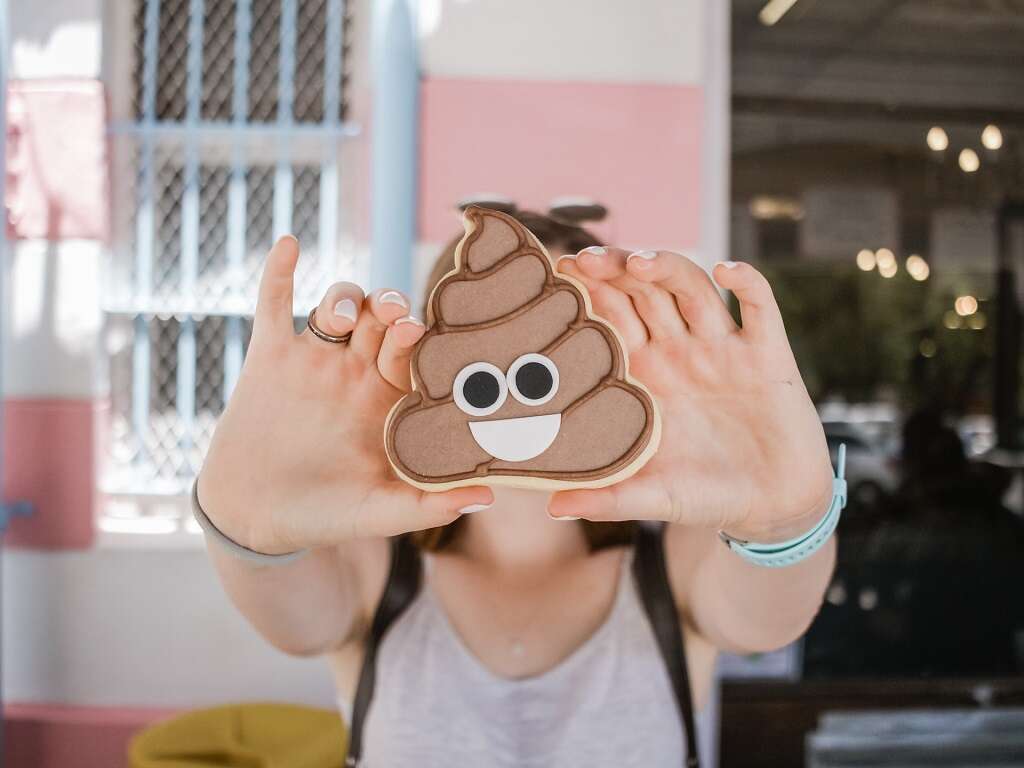
Lack of Appetite
A loss of interest in eating is common during any gallbladder attack, including choledocholithiasis. Biliary pain, or pain caused by a blockage in the common bile duct, occurs in the abdomen, which can lead to nausea and a lack of interest in food.
When eating results in indigestion and pain, a person can quickly lose the desire to eat food. The pain itself may further reduce a person's appetite.1’Gallstones.’ Mayo Clinic. https://www.mayoclinic.org/diseasesconditions/gallstones/symptoms-causes/syc-20354214
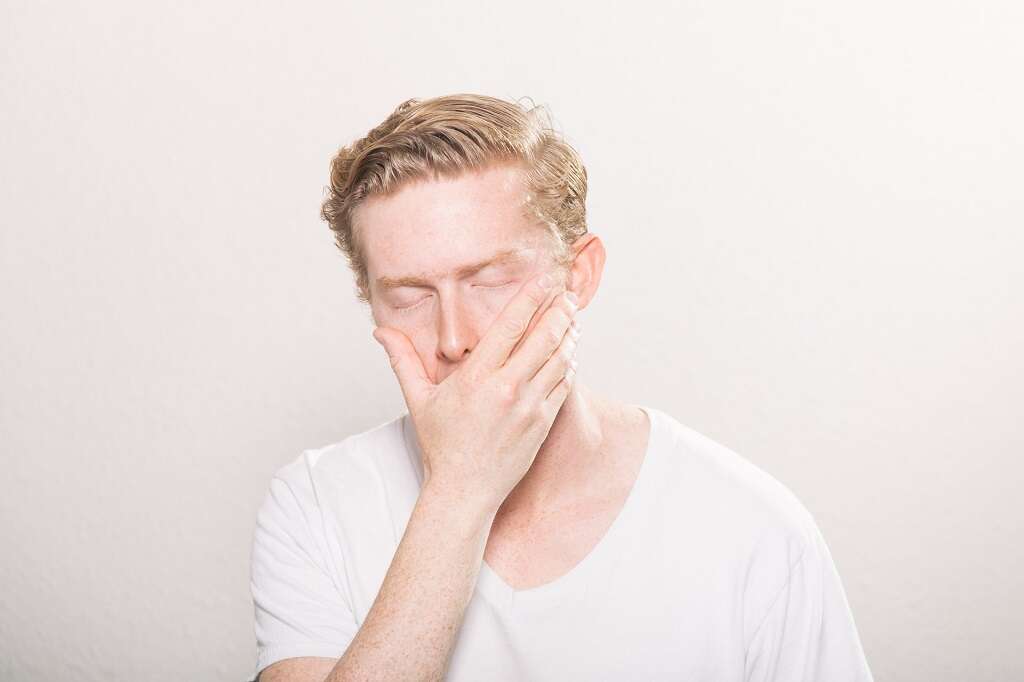
Jaundice
When bile from the gallbladder is blocked from entering the small intestine, a substance called bilirubin is released into the bloodstream. Excess bilirubin in the blood can cause the skin and whites of the eyes to turn yellow. This condition is called jaundice.
Jaundice can be a symptom of various diseases of the liver, but it commonly occurs in instances of a blocked common bile duct. A person who notices a yellowish tint to their skin or eyes should see a doctor immediately.2‘Choledocholithiasis.’ https://medlineplus.gov/ency/article/000274.html
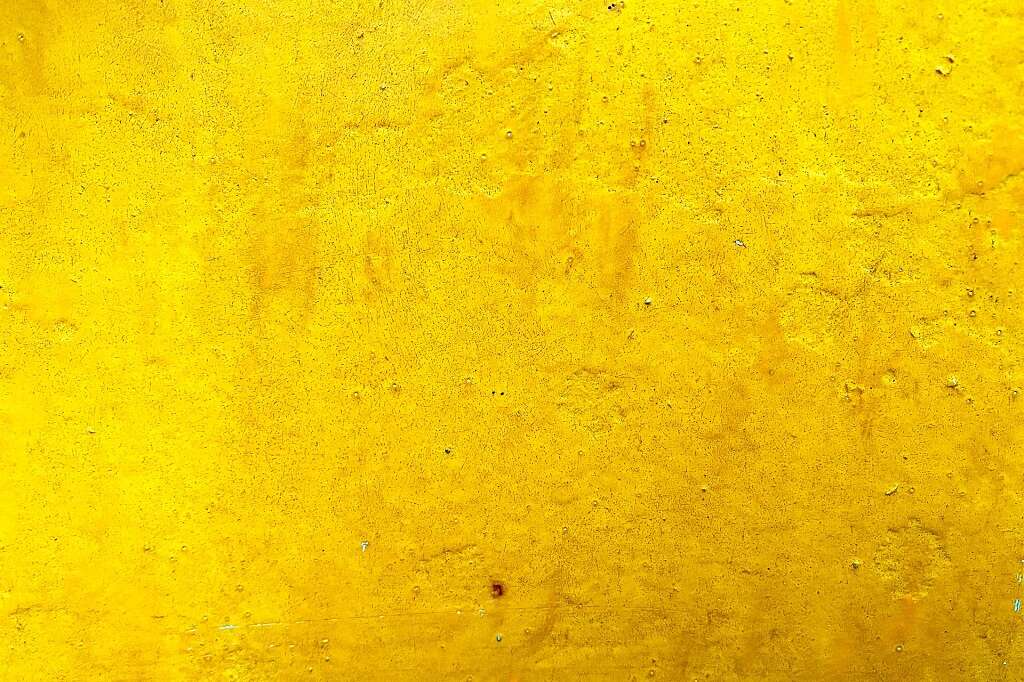
Changes in Urine and Urination
A person with choledocholithiasis may experience changes in their urine. These can include color changes, as the bile in the stone leeches into the urine, causing a dark-brown to amber color.
The appearance of the urine can change from clear to cloudy, and a person with choledocholithiasis may notice a difference in the frequency and amount of urine they produce. Pink-tinged urine, which commonly indicates the presence of blood, isn't typically associated with gallbladder disease and choledocholithiasis.2‘Choledocholithiasis.’ https://medlineplus.gov/ency/article/000274.html
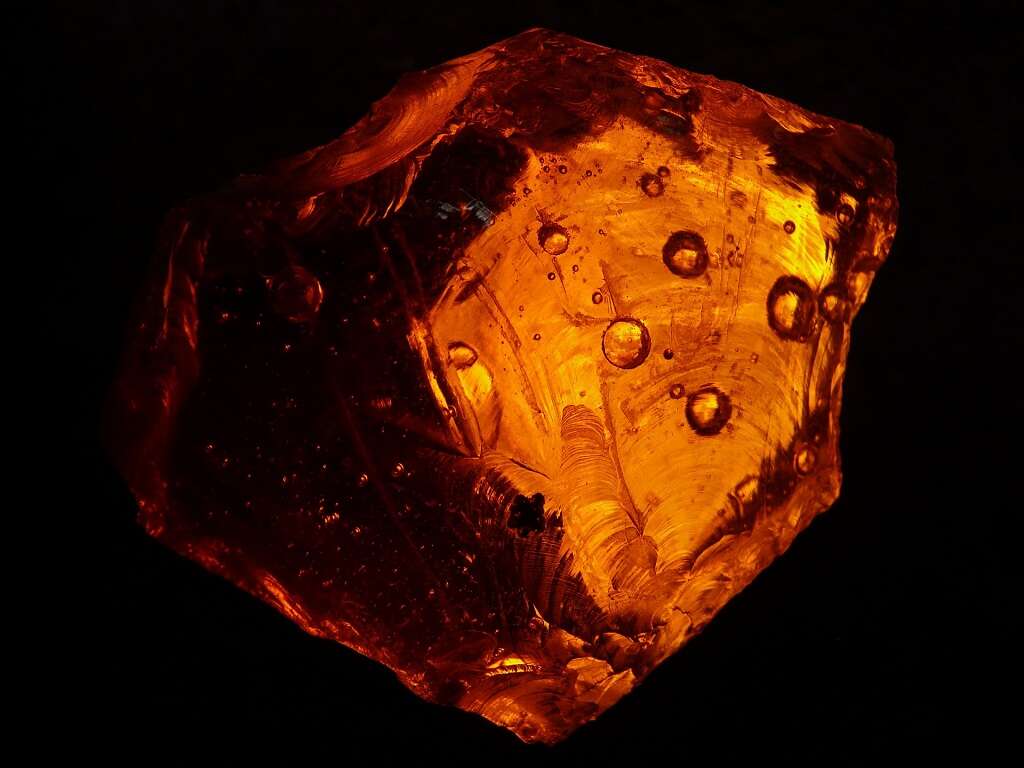
Fever
Fever is a common indication of inflammation in the body. A fever can occur with choledocholithiasis due to inflammation in the bile duct caused by a gallstone blockage. Chills may accompany the fever.1’Gallstones.’ Mayo Clinic. https://www.mayoclinic.org/diseasesconditions/gallstones/symptoms-causes/syc-20354214
A fever accompanied by nausea and vomiting requires immediate medical attention. This combination of symptoms could indicate a perforation of the gallbladder or common bile duct and may result in a life-threatening situation. The release of bile into the abdomen may also lead to peritonitis, an infection of the abdominal wall.
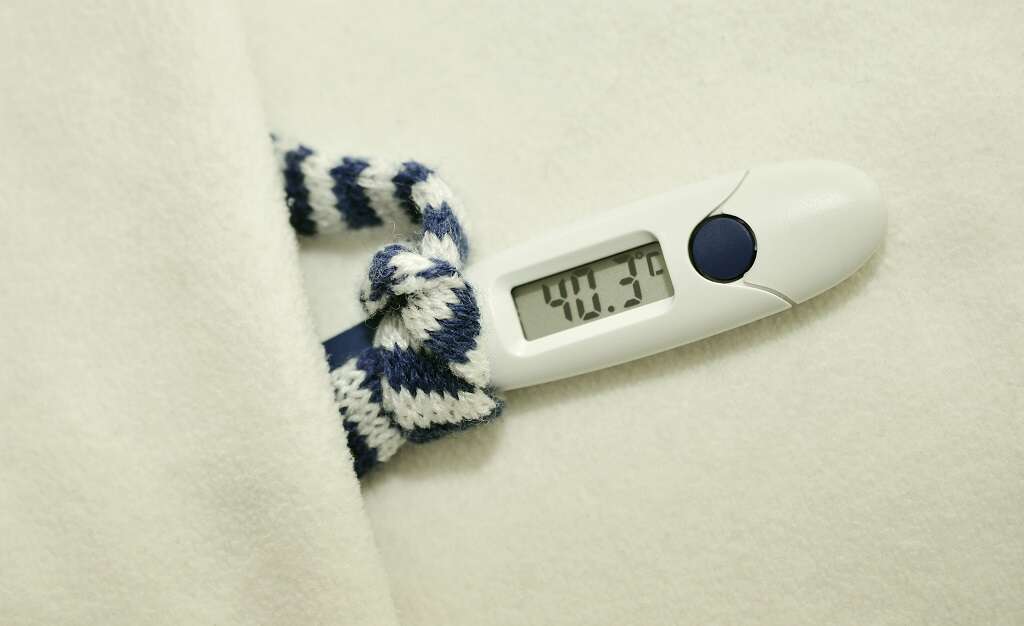
Chest Pain
Inflammation of the bile duct that accompanies choledocholithiasis can cause discomfort in the chest area that mimics the pain of a heart attack. For example, severe heartburn after a meal may be focused under the breastbone, causing intense pain.
Pain in the chest area should be a cause for concern, but it may be related to choledocholithiasis if it follows eating. It's best not to go to bed or lie down shortly after a meal. A wedge cushion placed under the back may also help.
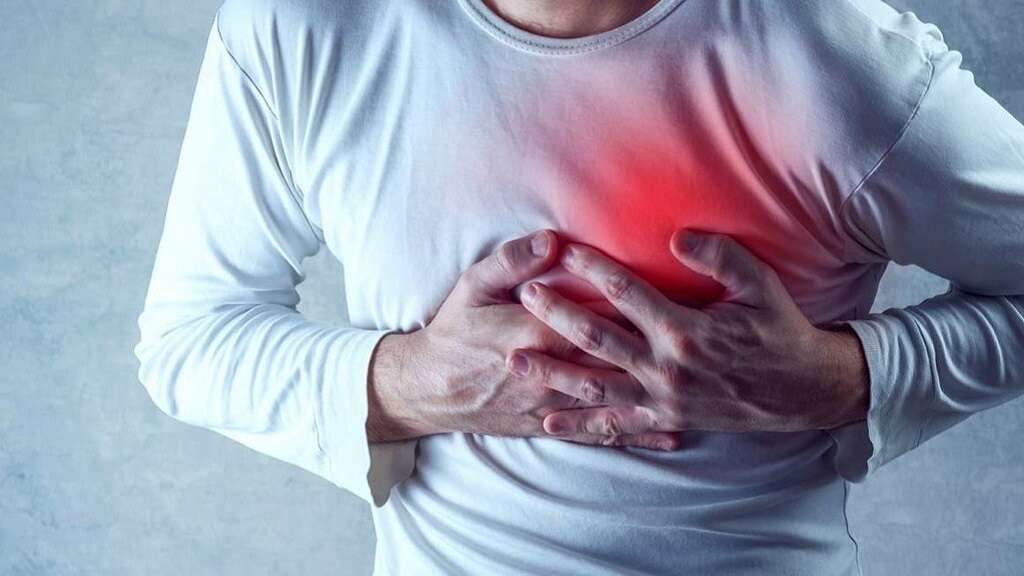
Signs of Choledocholithiasis Complications
Choledocholithiasis complications may include an infection of the bile duct, which produces symptoms similar to uncomplicated gallbladder disease. However, the symptoms of complications may be more severe, with a higher fever, more intense pain that increases with time, severe jaundice and chills.1’Gallstones.’ Mayo Clinic. https://www.mayoclinic.org/diseasesconditions/gallstones/symptoms-causes/syc-20354214
Another possible complication of choledocholithiasis is a ruptured gallbladder, which can occur due to a bile backup from an obstruction. This may cause more diffuse pain in the abdomen as the bile enters the cavity and needs immediate emergency medical attention.
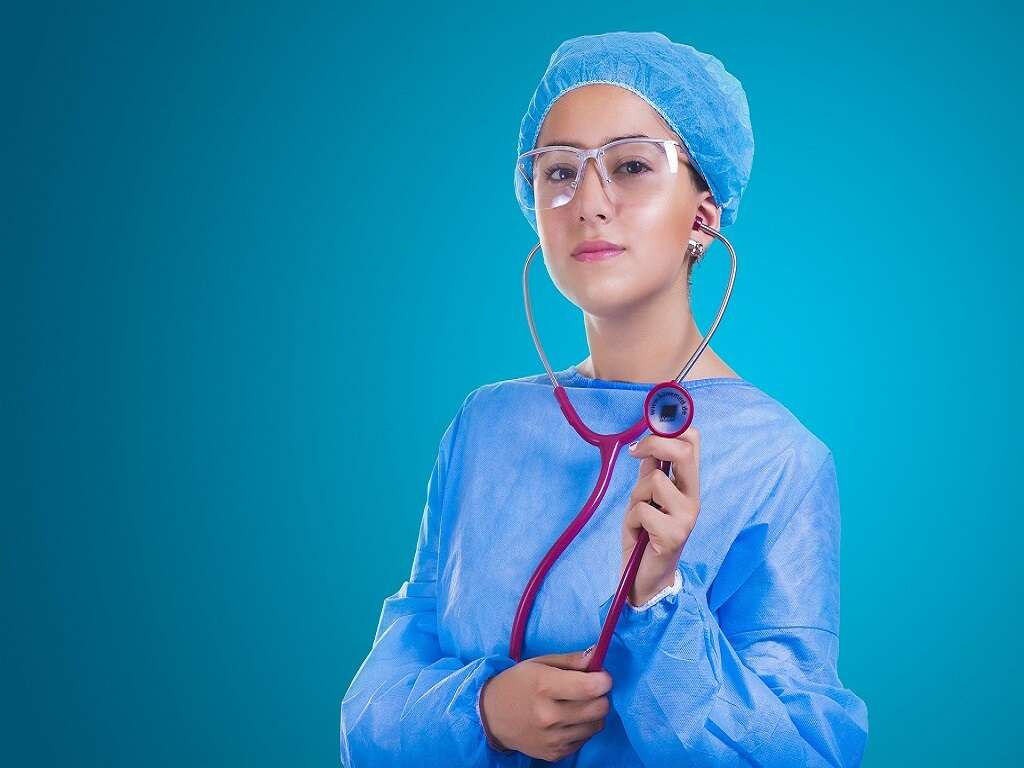
Summary
Choledocholithiasis is a serious and painful condition caused by a gallstone becoming wedged in the common bile duct and backs up into the liver. Inflammation and discomfort is likely to follow after the blockage occurs.
In some cases, the stone may pass on its own, but more commonly, it remains in the duct and must be removed surgically. Sometimes, choledocholithiasis can occur even after the gallbladder has been removed.1’Gallstones.’ Mayo Clinic. https://www.mayoclinic.org/diseasesconditions/gallstones/symptoms-causes/syc-20354214
